 Cindy (Hsin) Sha is a 5th-year BKin student in the kinesiology & health sciences stream. Her interest in the field stemmed from learning physiology at a young age. And in high school she took a course in International Baccalaureate Sports, Exercise and Health Sciences that motivated her to pursue post-secondary studies of the human body through sports and exercise.
Cindy (Hsin) Sha is a 5th-year BKin student in the kinesiology & health sciences stream. Her interest in the field stemmed from learning physiology at a young age. And in high school she took a course in International Baccalaureate Sports, Exercise and Health Sciences that motivated her to pursue post-secondary studies of the human body through sports and exercise.
Although Cindy is a full-time student, she has taken opportunities to expand her learning and resume. Currently, she works as a receptionist at Kids Physio Group Cambie. She is also a Work Learn student at the UBC Aging, Mobility and Cognitive Lab, working as both an exercise intervention instructor and research assistant. In her spare time, she plays rugby for the UBC Women’s Rugby Team and has participated in the biggest interscholastic Kin competition in Canada, the Kin Games. In March 2021, she and the UBC Kin team won first place in the competition, marking her proudest moment as a Kin student.
When Shalom Howe, BKin 2021 alum, founded the BIPOC committee in 2020, Cindy was eager to be a part of the initiative. “As an international student, I felt really out of place when I first came to UBC Kin,” reflects Cindy. “Throughout my undergrad at UBC, I felt that there was no space for students similar to me and there was a lack of support from the student body and the school. For this reason, I wanted to help future international and BIPOC students to feel like they belong and are supported.” Now as the committee’s director, she leads her team to support these students and raise awareness on their unique social experiences. Cindy remarks how important the committee’s work is to the Kin community: “Topics around anti-racism tend to get swept under the rug. When racism makes the news, it’s common to see workplaces “address” it by having a single workshop, but never make any policy or value changes. The committee’s work is important because if we don’t hold other people accountable, it will be rare for them to do it on their own.”
Cindy believes that her time at the School of Kinesiology was nothing short of a compelling experience. As she prepares to graduate in Spring 2022, she reflects on how the Kin undergraduate program helped her concentrate on her passion and find opportunities to deepen her knowledge. “I believe that the UBC Kin program can be amazing, if you put the time and effort into catering your studies. There is a lot of room for customization and I was able to really focus my studies on different aspects of exercise physiology as that was my passion.” Cindy credits the Kin faculty for their support and encouragement in helping her succeed at UBC.
After graduation, Cindy is planning to return to UBC in the Fall for her master’s degree. She plans to do her MSc in either Kinesiology or Rehabilitation Science, and hopes to later attend medical school to eventually become a pediatrician.
Cindy’s advice to prospective students: “Go into each class with an open mind and you’ll be able to take the most out of them. KIN is a tight knit community, and it may appear daunting on the outside, but everyone is super kind and friendly! The hard part is taking the first step.”
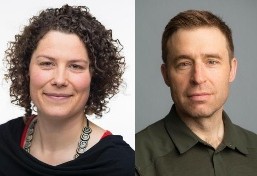 Congratulations to KIN alum Dr. Sarah Koch and to Dr. Michael Koehle for their newly published article on the effects of air pollution in high-intensity interval exercise (HIIE).
Congratulations to KIN alum Dr. Sarah Koch and to Dr. Michael Koehle for their newly published article on the effects of air pollution in high-intensity interval exercise (HIIE).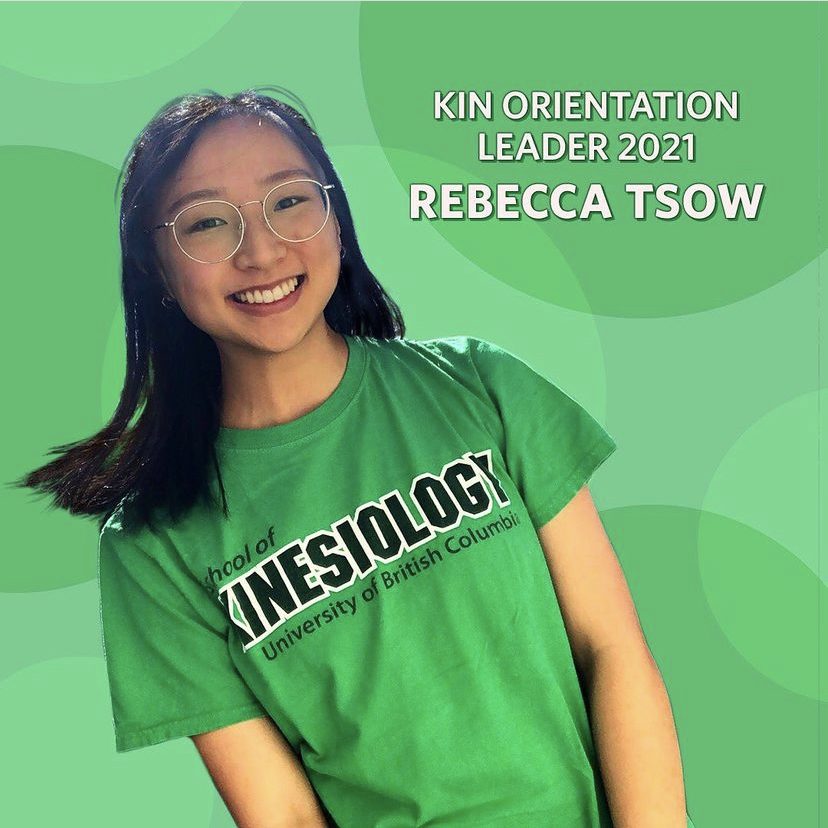 I volunteered as a senior OL because I am passionate about fostering a warm welcome for new-to-KIN students of varied backgrounds and contexts. Reflecting on when I transferred to KIN as a second-year student, I found that my positive orientation experience helped to replace fear with excitement and affirm that I had made the right decision in joining the KIN community. I love being a part of other students’ first KIN memories and watching them discover what our faculty is all about!
I volunteered as a senior OL because I am passionate about fostering a warm welcome for new-to-KIN students of varied backgrounds and contexts. Reflecting on when I transferred to KIN as a second-year student, I found that my positive orientation experience helped to replace fear with excitement and affirm that I had made the right decision in joining the KIN community. I love being a part of other students’ first KIN memories and watching them discover what our faculty is all about! Hello everyone! My name is Naina, and I am in my 4th year of the Interdisciplinary KIN stream. I have truly enjoyed studying Kinesiology and am looking forward to what is to come after finishing my degree!
Hello everyone! My name is Naina, and I am in my 4th year of the Interdisciplinary KIN stream. I have truly enjoyed studying Kinesiology and am looking forward to what is to come after finishing my degree!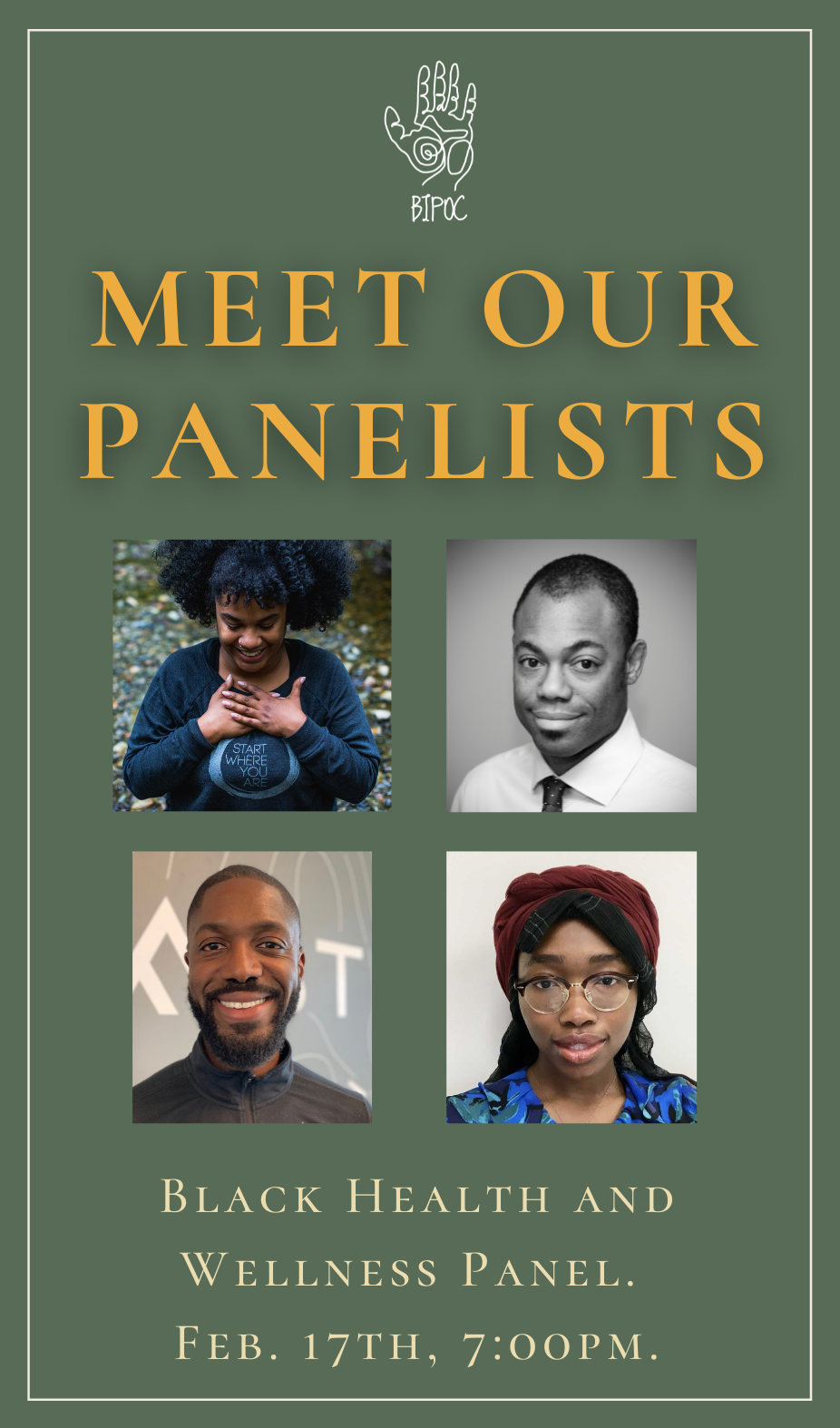

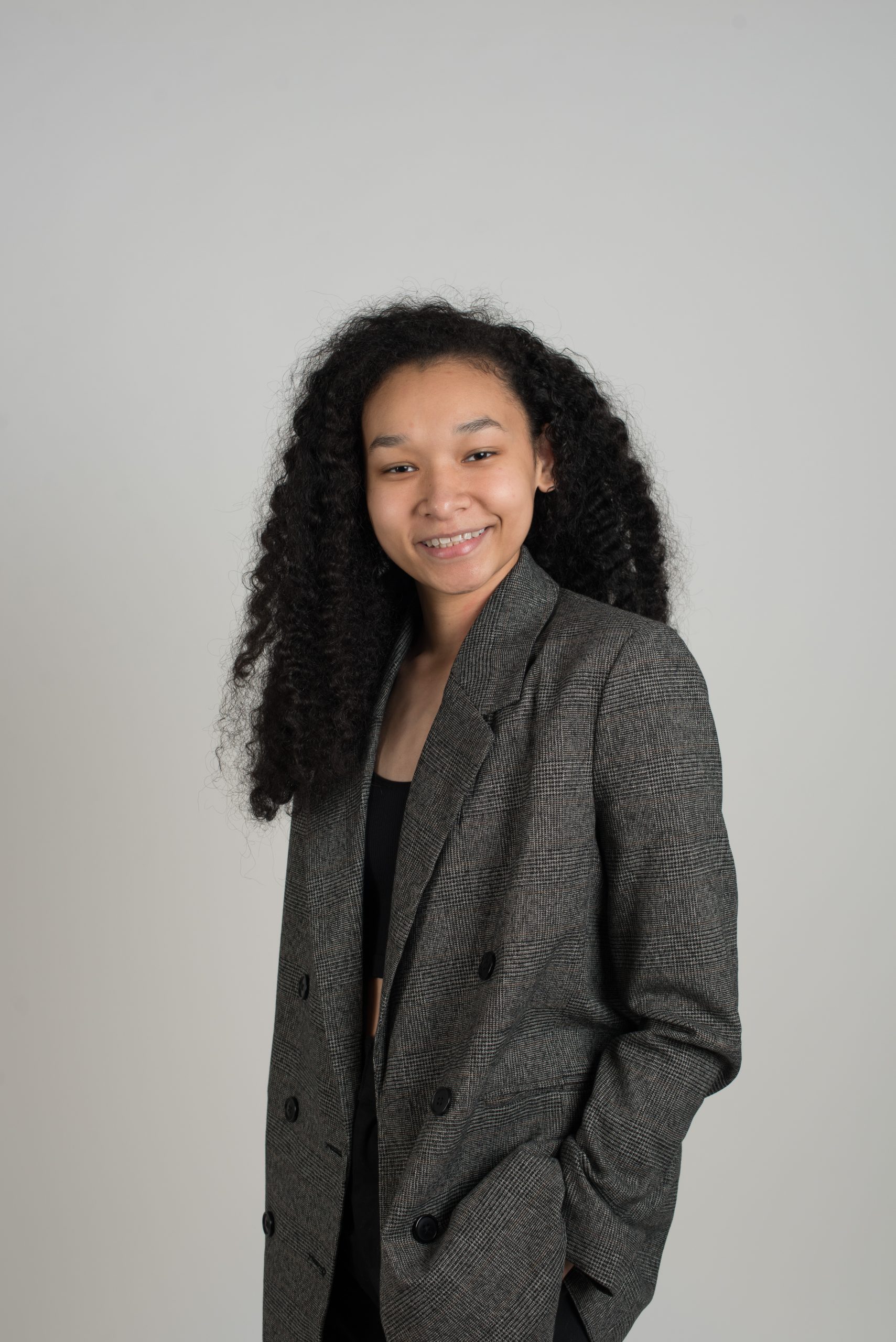
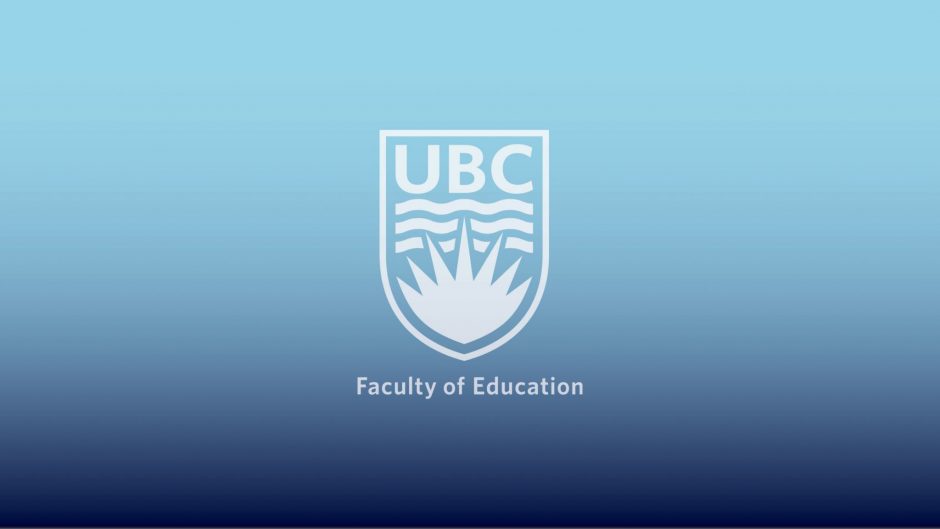
 Cindy (Hsin) Sha is a 5th-year BKin student in the kinesiology & health sciences stream. Her interest in the field stemmed from learning physiology at a young age. And in high school she took a course in International Baccalaureate Sports, Exercise and Health Sciences that motivated her to pursue post-secondary studies of the human body through sports and exercise.
Cindy (Hsin) Sha is a 5th-year BKin student in the kinesiology & health sciences stream. Her interest in the field stemmed from learning physiology at a young age. And in high school she took a course in International Baccalaureate Sports, Exercise and Health Sciences that motivated her to pursue post-secondary studies of the human body through sports and exercise. Kevin Tong is a third year BKin student in multidisciplinary sciences. He currently plays for the Men’s Ultimate Team under UBC Thunderbirds Sport Clubs. As a student-athlete, he has been determined to further his passion for sports, health, and well-being.
Kevin Tong is a third year BKin student in multidisciplinary sciences. He currently plays for the Men’s Ultimate Team under UBC Thunderbirds Sport Clubs. As a student-athlete, he has been determined to further his passion for sports, health, and well-being.